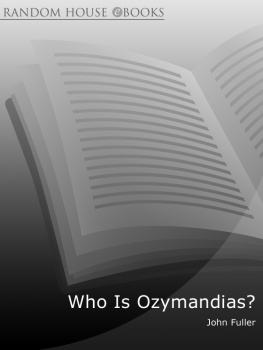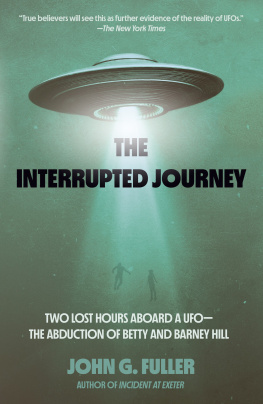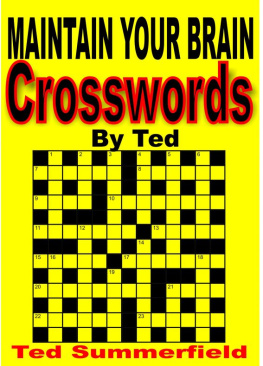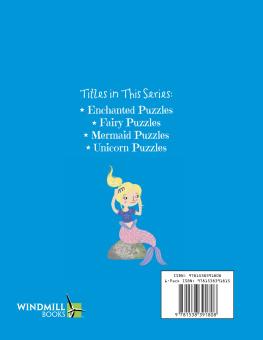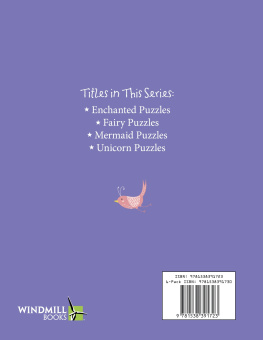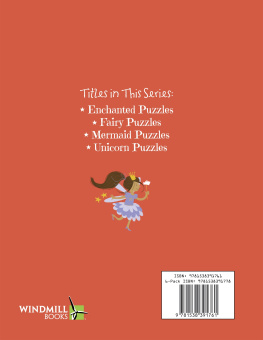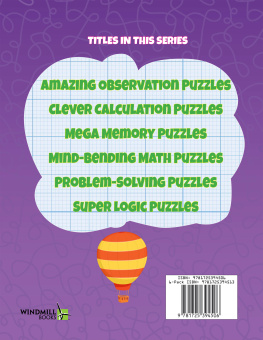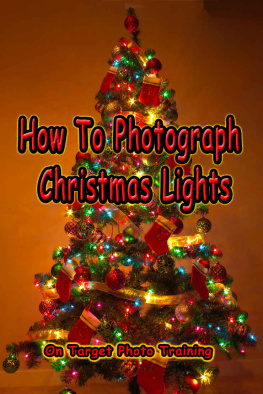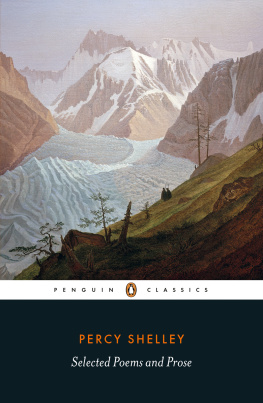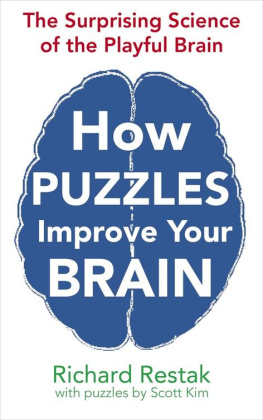About the Author
John Fuller is an acclaimed poet and novelist. He has written eighteen collections of poetry, most recently Pebble & I and Song & Dance, both chosen as Poetry Book Society Recommendations. His 2004 collection, Ghosts, was shortlisted for the Whitbread Award for Poetry. The Space of Joy, published in 2006, was shortlisted for the Costa Poetry Award. He is an Emeritus Fellow of Magdalen College, Oxford.
About the Book
Part of the pleasure of poetry is unravelling the mysteries and difficulties it contains and solving the puzzles that lie within. Who, for instance, is Ozymandias? What is the Snark? Who is Crazy Jane? Or indeed, who is you in a poem?
In this perceptive and playful new book, acclaimed poet John Fuller looks at some of our greatest poems and considers the number of individual puzzles at their heart, casting light on how we should approach these conundrums as readers. From riddling to double entendres, mysterious titles to red herrings, Fuller playfully unpicks the puzzles in works that range from Browning to Bishop, Empson to Eliot, Shelley to Stevens, to help us reach the rewards and revelations that lie at the centre of some of our best-loved poems.
ACKNOWLEDGEMENTS
I would very much like to thank Clara Farmer and Parisa Ebrahimi of Chatto & Windus for all their help with this book.
Lines from And the Stars Were Shining by John Ashbery taken from And the Stars were Shining copyright John Ashbery 2011. All rights reserved. Used by permission of Carcanet for the author. Lines from The Sphinx, Journey to Iceland and O Love the interest itself in thoughtless heaven by W.H. Auden taken from Collected Poems copyright The Estate of W.H. Auden 1976, 1991. All rights reserved. Excerpts from Chemin de Fer, The Fish and Late Air from The Complete Poems 19271979 by Elizabeth Bishop. Copyright 1979, 1983 by Alice Helen Methfessel. Reprinted by kind permission of Farrar, Straus & Giroux, LLC. Lines from Vergissmeinnicht by Keith Douglas taken from Collected Poems The Estate of Keith Douglas and reproduced by kind permission of Faber and Faber. Lines from T.S. Eliots The Waste Land, The Preludes, A Cooking Egg, and Whispers of Immortality taken from Collected Poems The Estate of T.S. Eliot and reproduced by kind permission of Faber and Faber. The Scales from The Complete Poems by William Empson, edited with an introduction and notes from John Haffenden (Allen Lane, The Penguin Press, 2000). Copyright Estate of William Empson, 2000. Here Come the Drum Majorettes by James Fenton from Out of Danger, reprinted by kind permission of the author and United Agents. Lines from Ties by Ian Hamilton taken from Collected Poems, reprinted by kind permission of Aitken Alexander Associates. The Humanist from Selected Poems by Geoffrey Hill (Penguin Books, 2006) Copyright Geoffrey Hill, 2006. First published in King Log copyright Geoffrey Hill, 1968. Lines from Ralph Hodgson from Collected Poems, published by Macmillan. Lines from The Death of the Ball Turrett Gunner taken from The Complete Poems copyright 1945 by Randall Jarrell. Renewed copyright 2011 by Mrs. Randall Jarrell. High Windows by Philip Larkin taken from High Windows The Estate of Philip Larkin and reproduced by kind permission of Faber and Faber. Lines from Crazy Jane by Winifred Letts taken from Spectator, 26 March 1927. Falling Asleep over the Aenied and Sailing Home from Rapallo by Robert Lowell taken from Collected Poems The Estate of Robert Lowell and reproduced by kind permission of Faber and Faber. Lines from Dialogue over a Ouija Board by Sylvia Plath taken from Collected Poems The Estate of Sylvia Plath and reproduced by kind permission of Faber and Faber. The Sleeping Beauty by Edith Sitwell from Collected Poems ( Edith Sitwell, 2006) is reproduced by permission of PFD (www.pfd.co.uk) on behalf of the Estate of Edith Sitwell. Extract from Tender Buttons by Gertrude Stein, reprinted by kind permission of David Higham Associates. Lines from Wallace Stevens Earthy Anecdote, Anecdote of the Jar, The Emperor of Ice-Cream, The Worms at Heavens Gate taken from Collected Poems The Estate of Wallace Stevens and reproduced by kind permission of Faber and Faber. Lines from Larry Woiwode reprinted by kind permission of Farrar, Straus & Giroux.
Every effort has been made to trace and contact all copyright holders prior to publication. If there are any inadvertendent omissions or errors, the publishers will be pleased to correct these at the earliest opportunity.
BY THE SAME AUTHOR
Fiction
Flying to Nowhere
The Adventures of Speedfall
Tell It Me Again
The Burning Boys
Look Twice
The Worm and the Star
A Skin Diary
The Memoirs of Laetitia Horsepole
Flawed Angel
Poetry
Fairground Music
The Tree That Walked
Cannibals and Missionaries
Epistles to Several Persons
The Mountain in the Sea
Lies and Secrets
The Illusionists
Waiting for the Music
The Beautiful Inventions
Selected Poems 1954 to 1982
Partingtime Hall
(with James Fenton)
The Grey Among the Green
The Mechanical Body
Stones and Fires
Collected Poems
Now and for a Time
Ghosts
The Space of Joy
Song & Dance
Pebble & I
Writing the Picture
(with David Hurn)
Criticism
The Sonnet
W. H. Auden: a Commentary
For Children
Herod Do Your Worst
Squeaking Crust
The Spider Monkey Uncle King
The Last Bid
The Extraordinary Wool Mill and
Other Stories
Come Aboard and Sail Away
As Editor
The Chatto Book of Love Poetry
The Dramatic Works of John Gay
The Oxford Book of Sonnets
W. H. Auden: Poems Selected by
John Fuller
Alexander Pope: Poems Selected by
John Fuller
1
THE BRICK-WALL MOMENT:
WHAT IS THIS POEM ABOUT?
For many readers this is often the primary puzzle: what is this poem about? If only they had a clear signpost (they feel) they would know roughly where they were going. The title can barely be trusted, since the poems opening may seem to have nothing to do with it, nor with its subsequent development. It may be hard to tell what the poems setting is, if it has one at all. It may be almost impossible to disentangle the metaphors, so as to be certain of what is being compared with what, and which of them is the thing under scrutiny (the tenor) and which is the thing being brought in by way of analogy (the vehicle). There are all sorts of minor difficulties of language and reference that may come into play at any moment. All in all, readers may justly complain that their journey is unnecessarily impeded. Dont we all sympathise with Jane Carlyle when she said of Brownings Sordello (a poem of 5,982 lines) that she had read the entire thing through without being able to work out whether Sordello was a man, a city or a book? Her complaint indicates a profound puzzle indeed, and this as early as 1840. Something of Carlyles problem (accepting her exaggeration for the moment as licensed by irritation) is common to our experience of much twentieth-century poetry. At one extreme we sometimes wonder how we are meant to know if it means anything at all.

